STS Research Day 2019
20 May 2019
The annual STS Research Day gave a chance for PhDs, researchers and other members of the STS family to share their research, discuss, and collaborate.
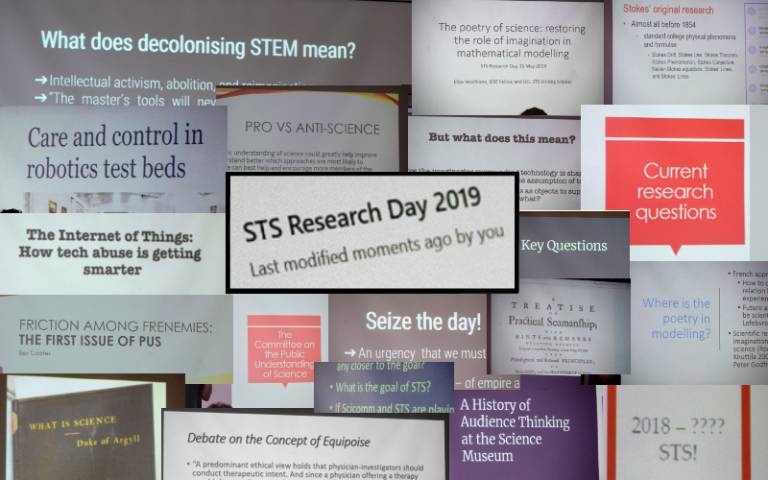
The day began, as usual with a chance for first-year PhD students to give a short, five minute presentation on their work. This year featured Elena Falco on "Collective Production of Knowledge: Wikipedia as a case study", Tadafumi Kubota on "Civil Servants and the Imaginary Public", and Rakhshi Memon on "Ethics and randomised clinical trials in young people at risk of self-harm or suicide". Bex Coates looked at the history of the first issue of Public Understanding of Science, while Henry Roberts discussed the history of audience thinking at the Science Museum. Finally, Nathan Bossoh demonstrated his work on the Duke of Argyll, and Scott Keir discussed COPUS and the development of Science Communication.
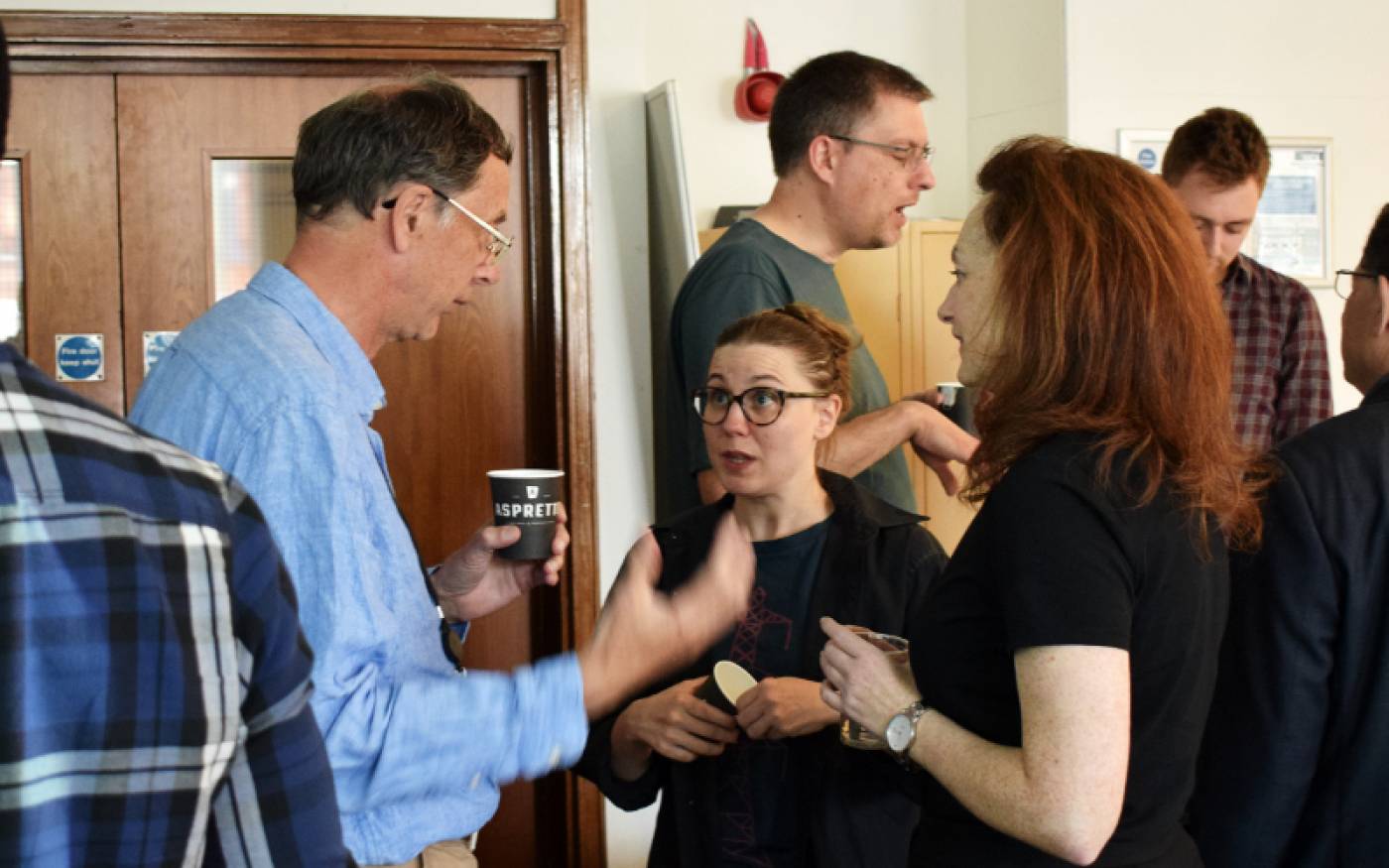
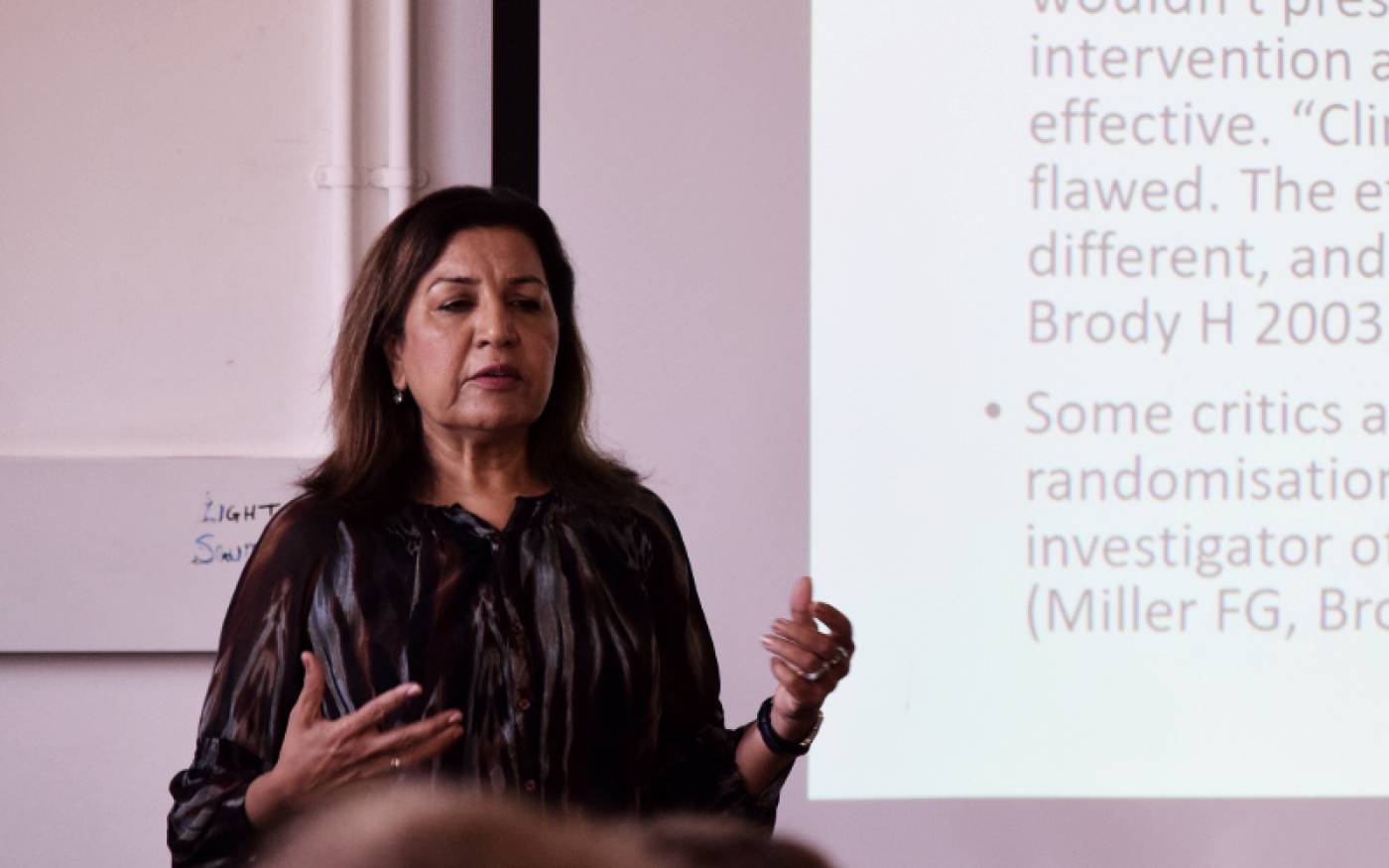
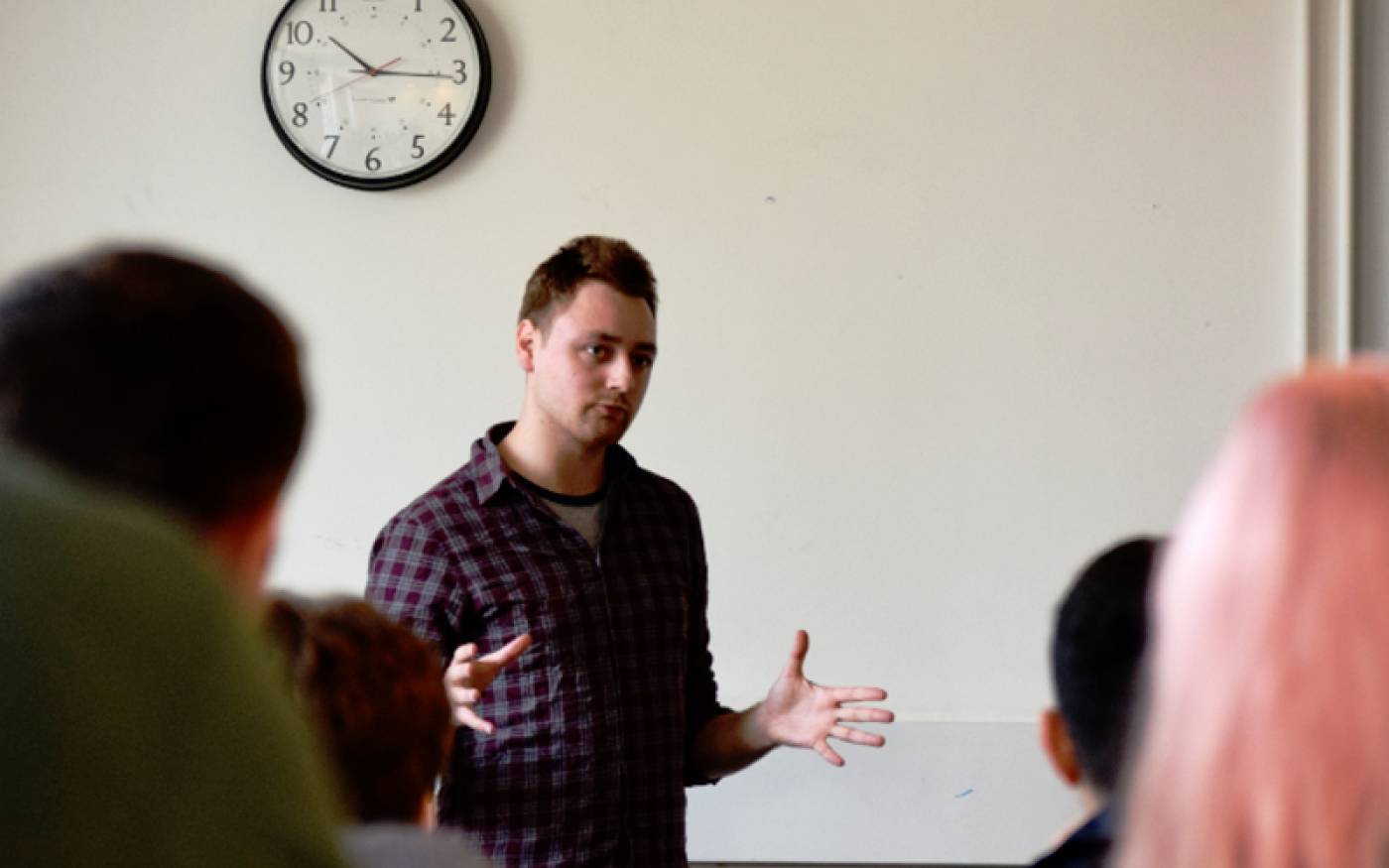
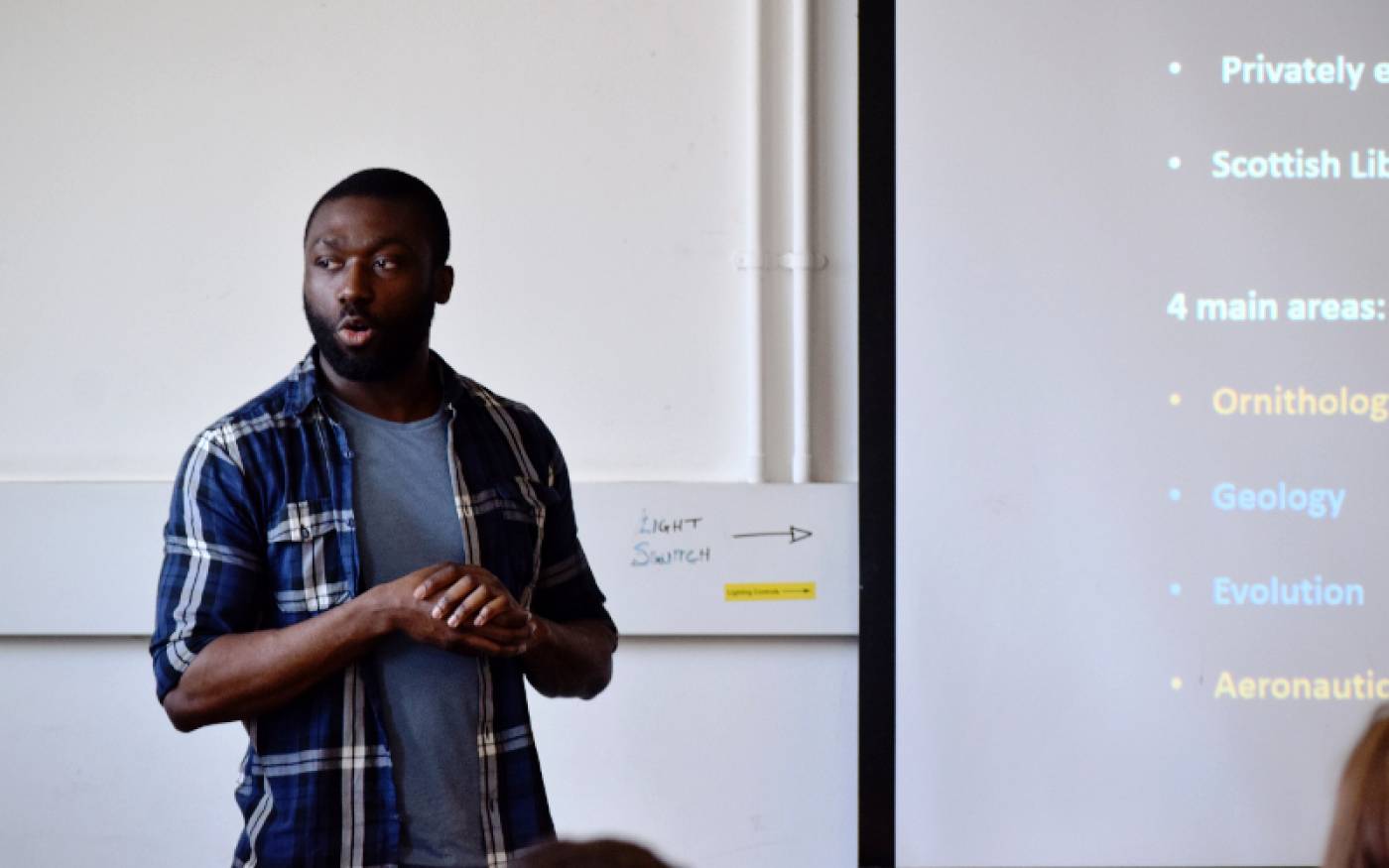
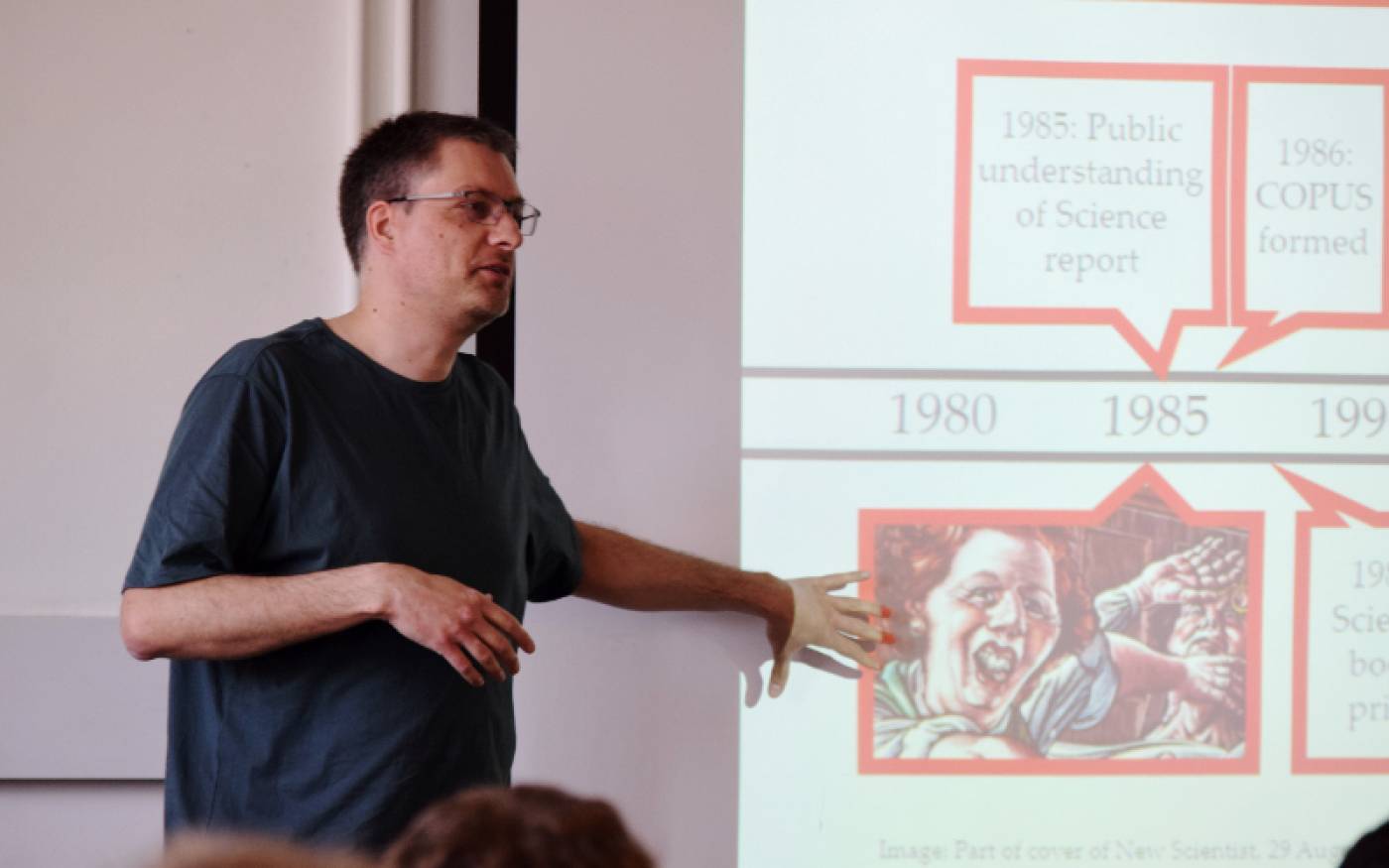
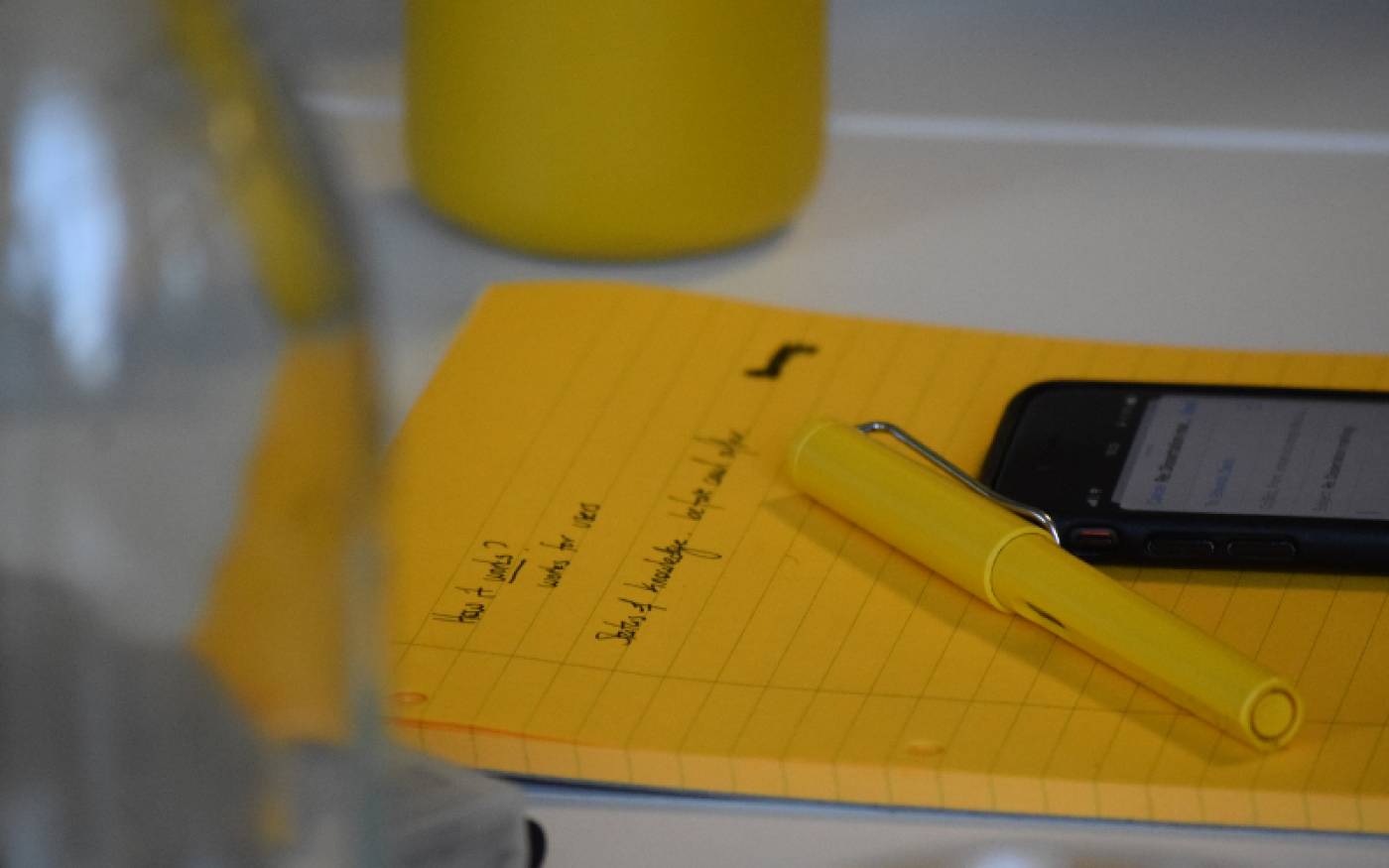
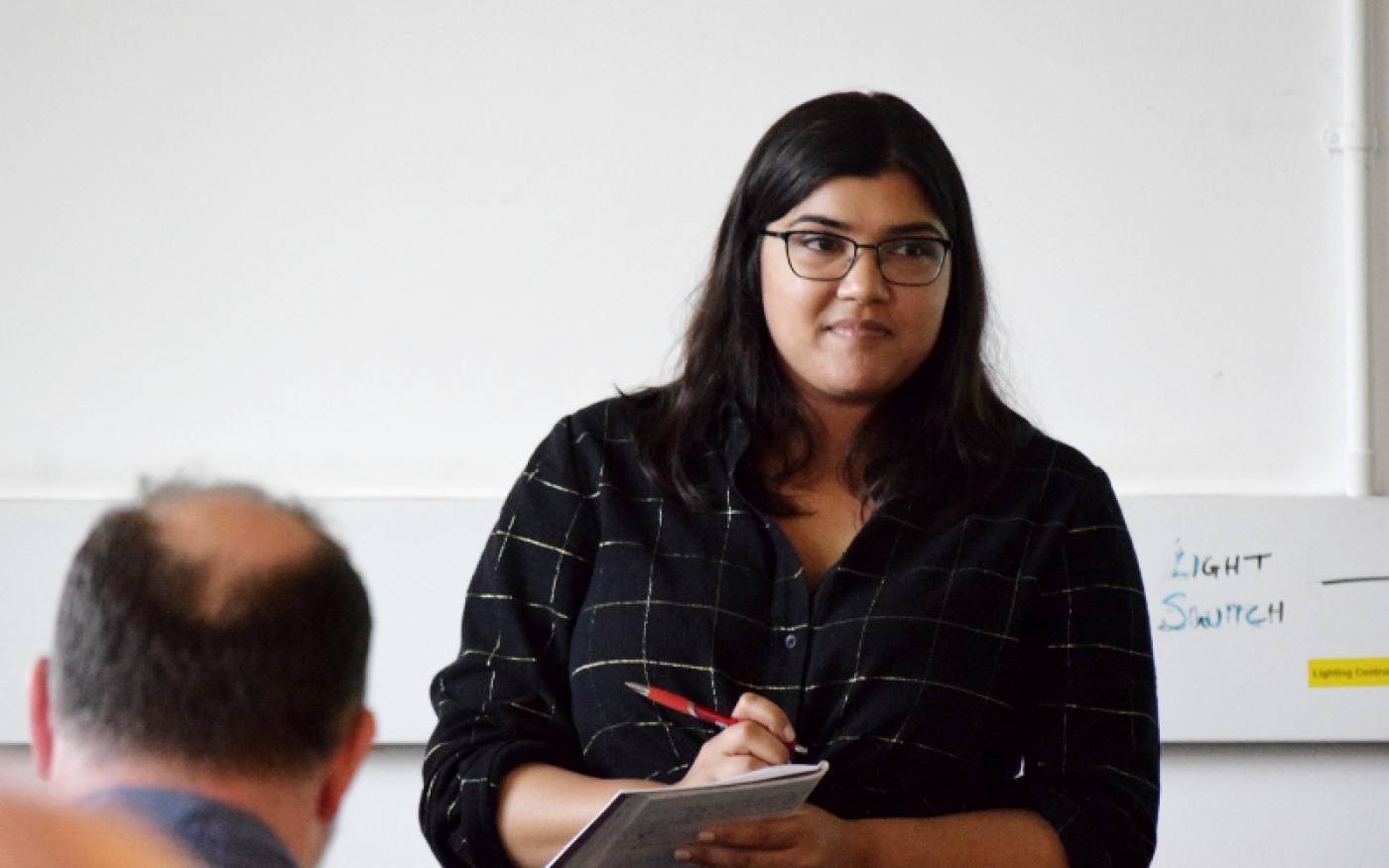
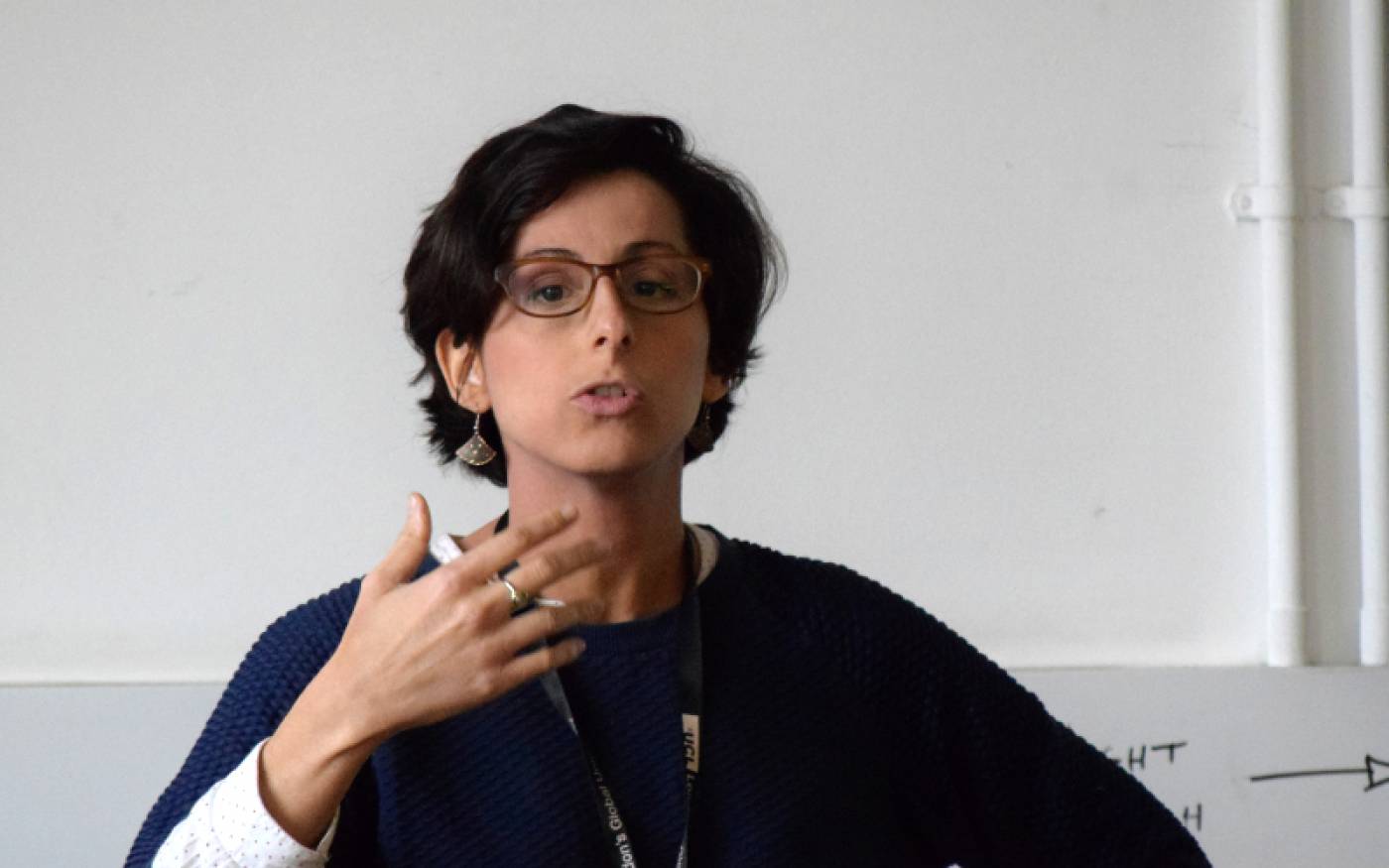
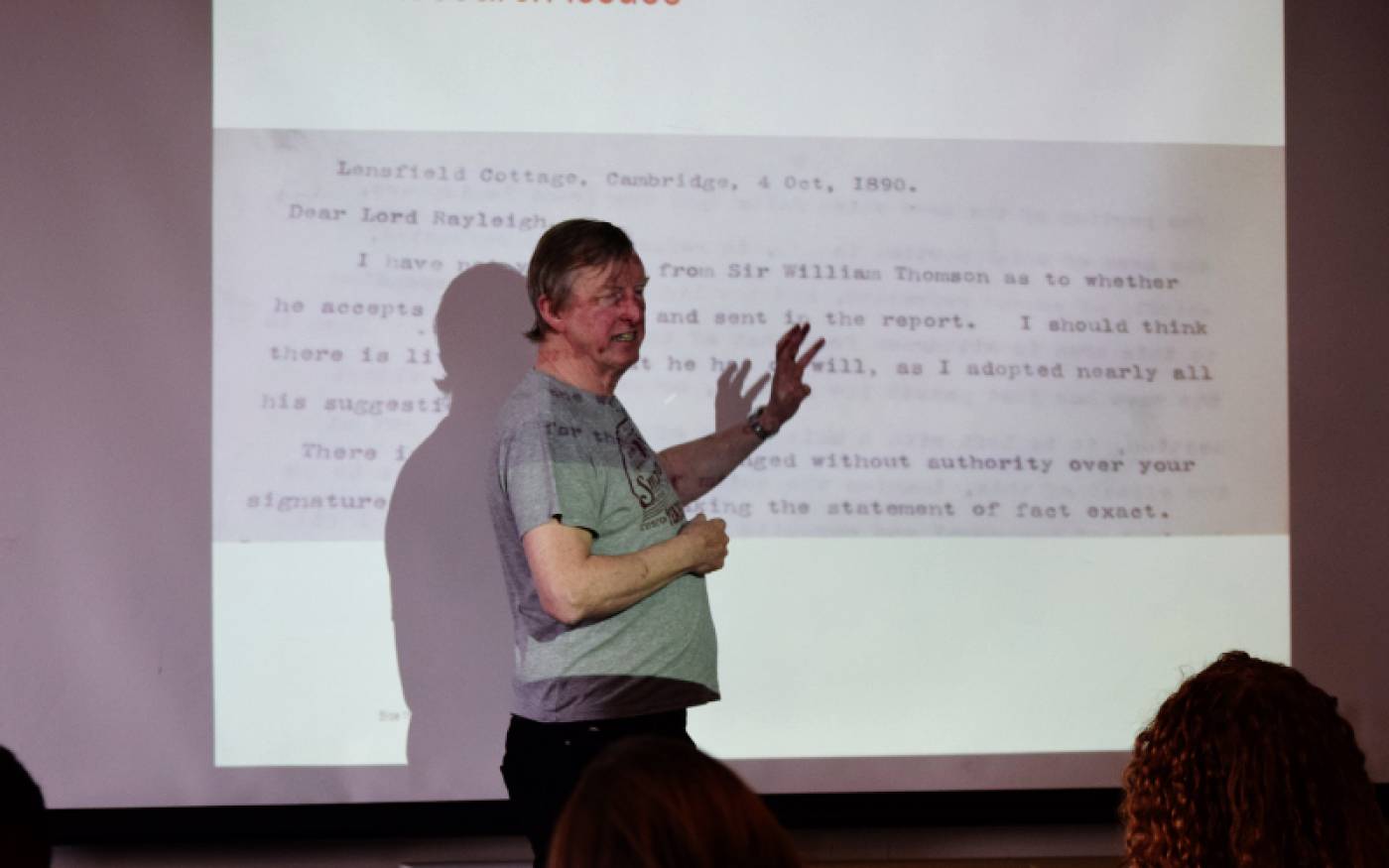
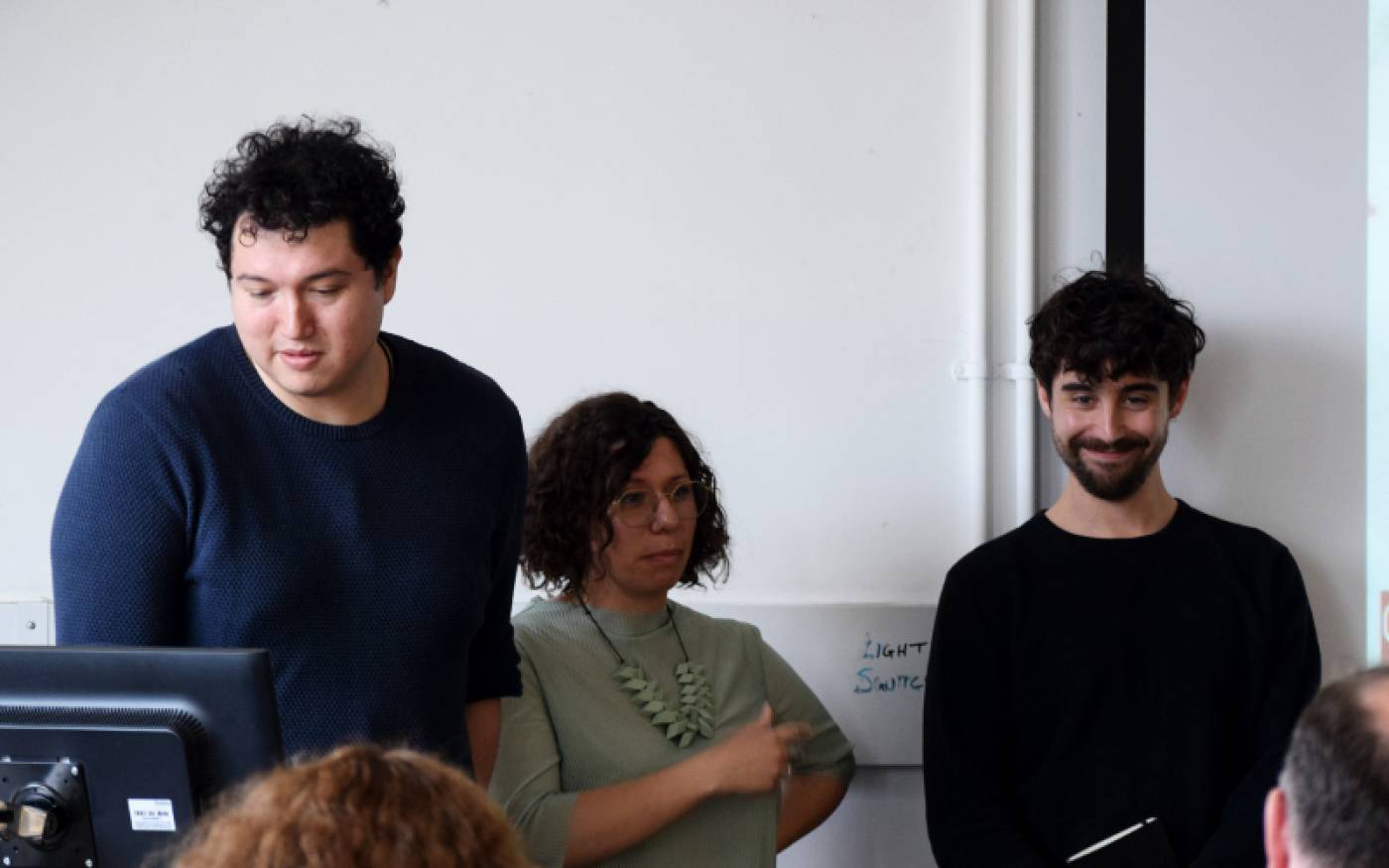
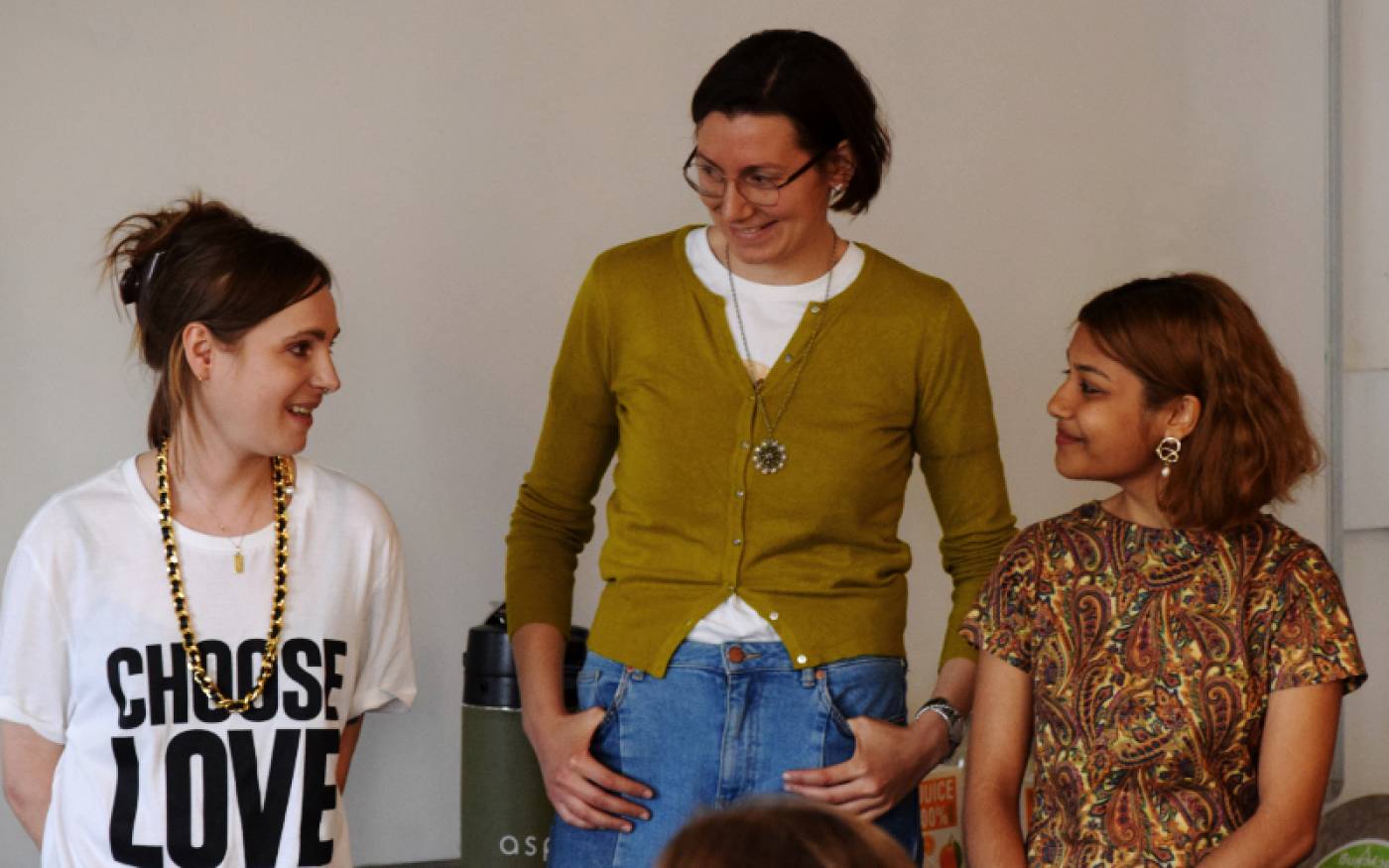
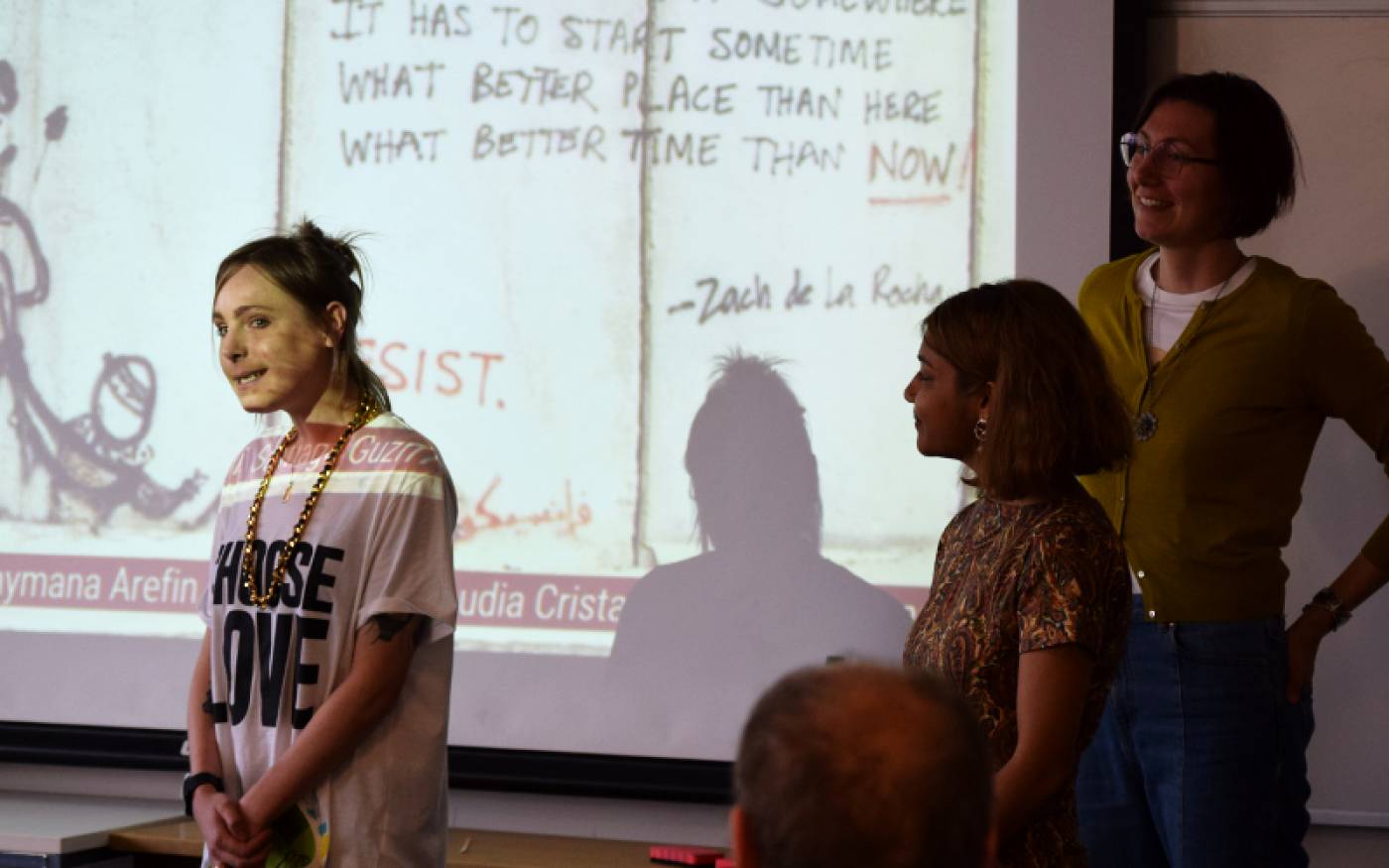
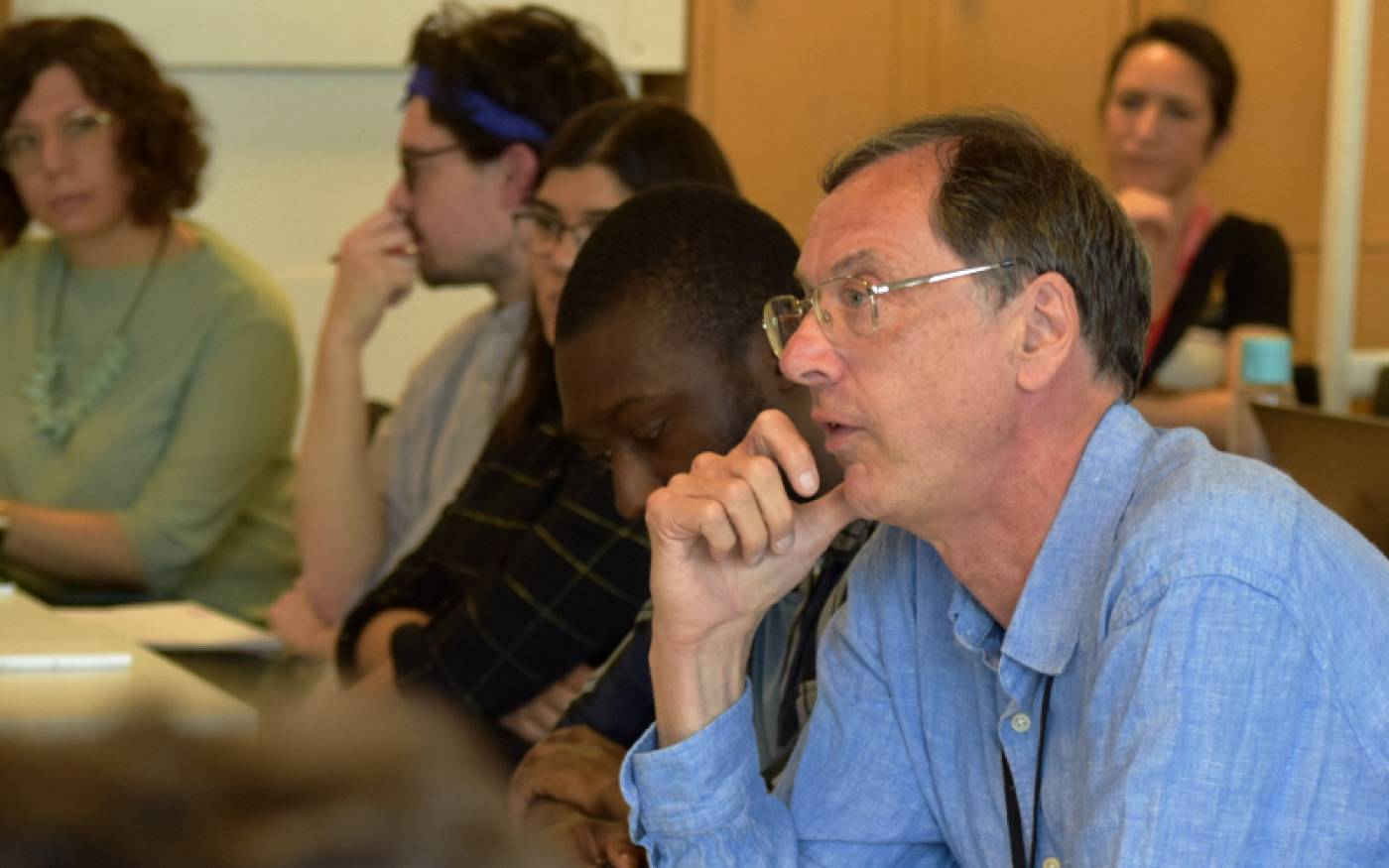
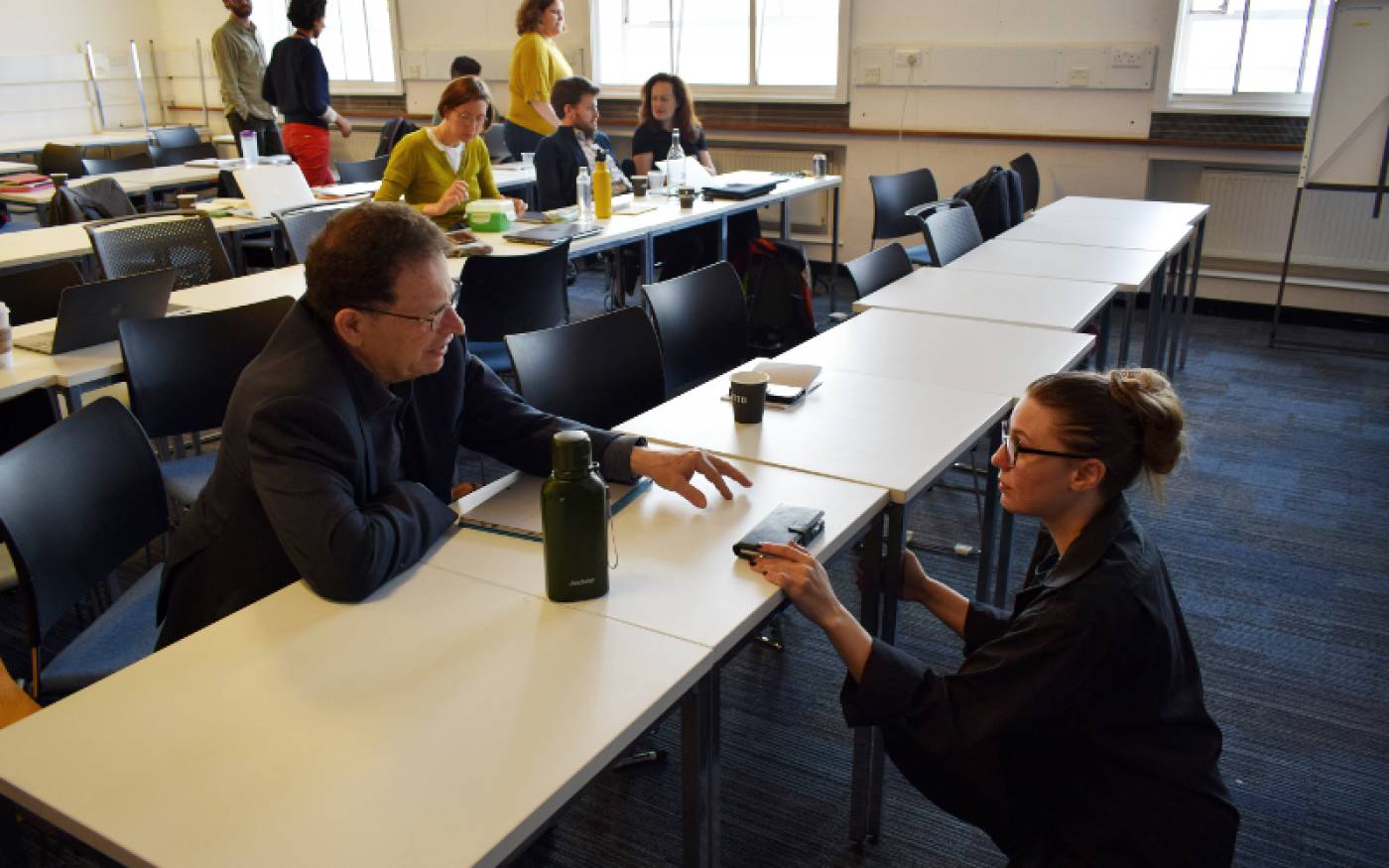
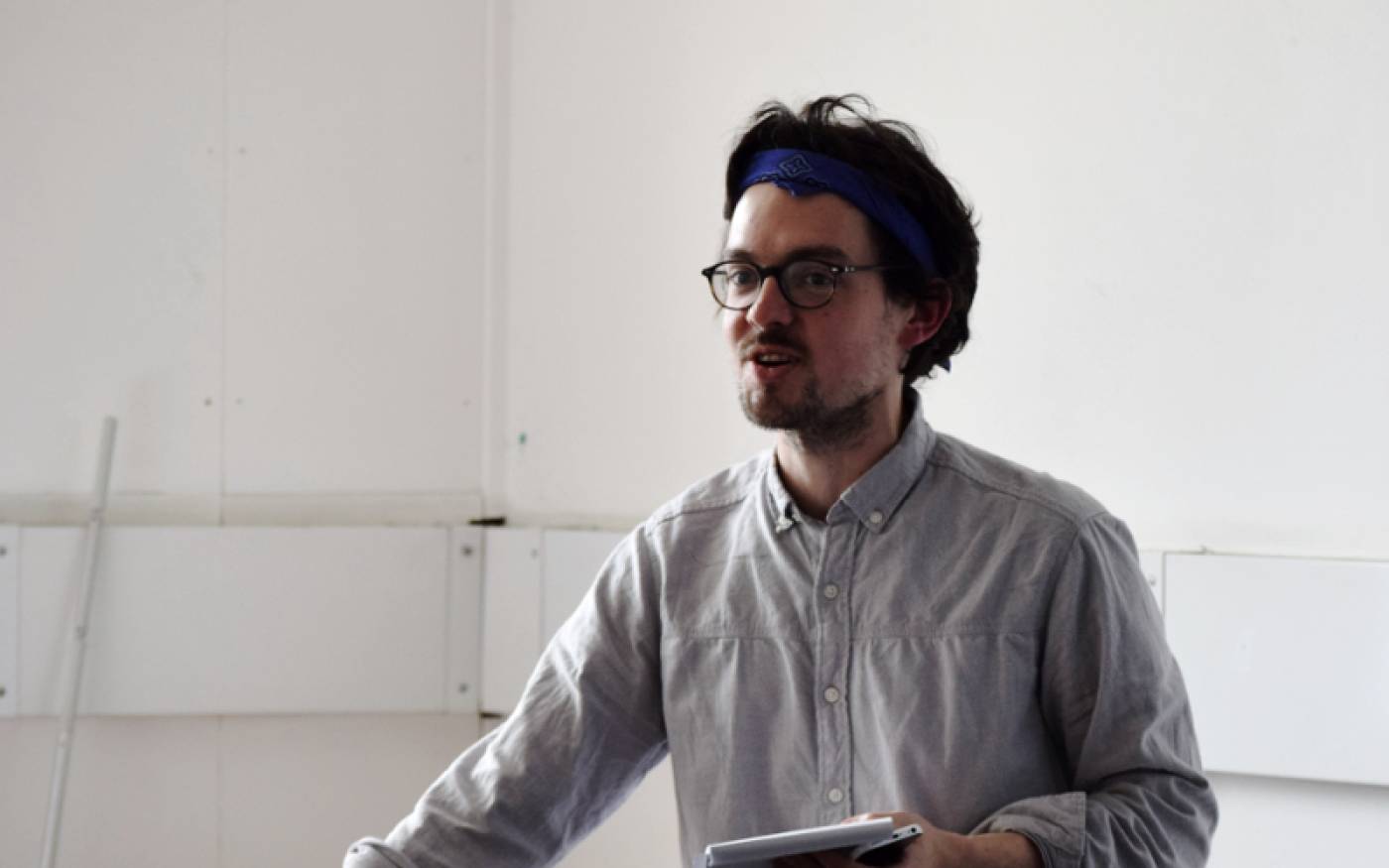
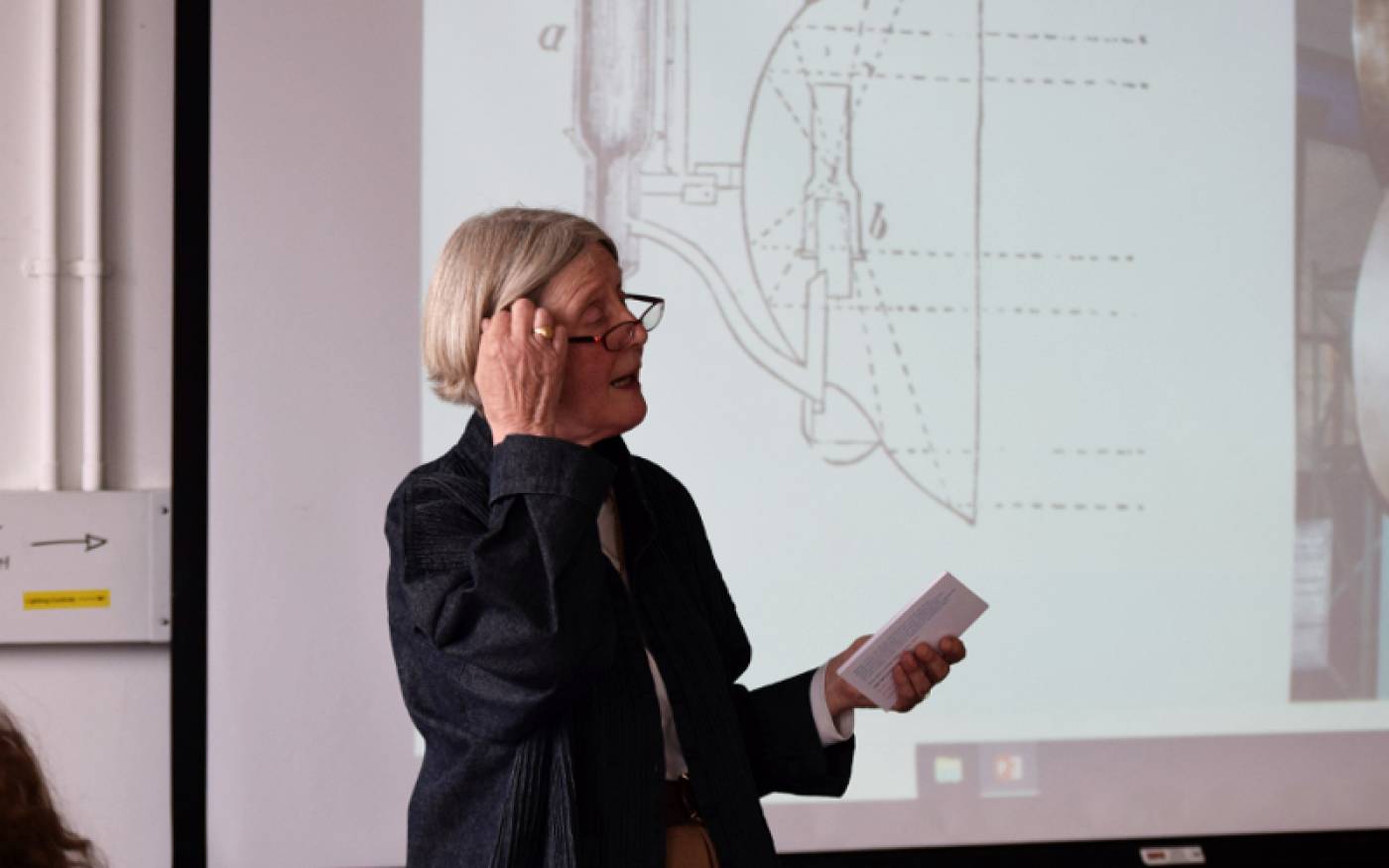
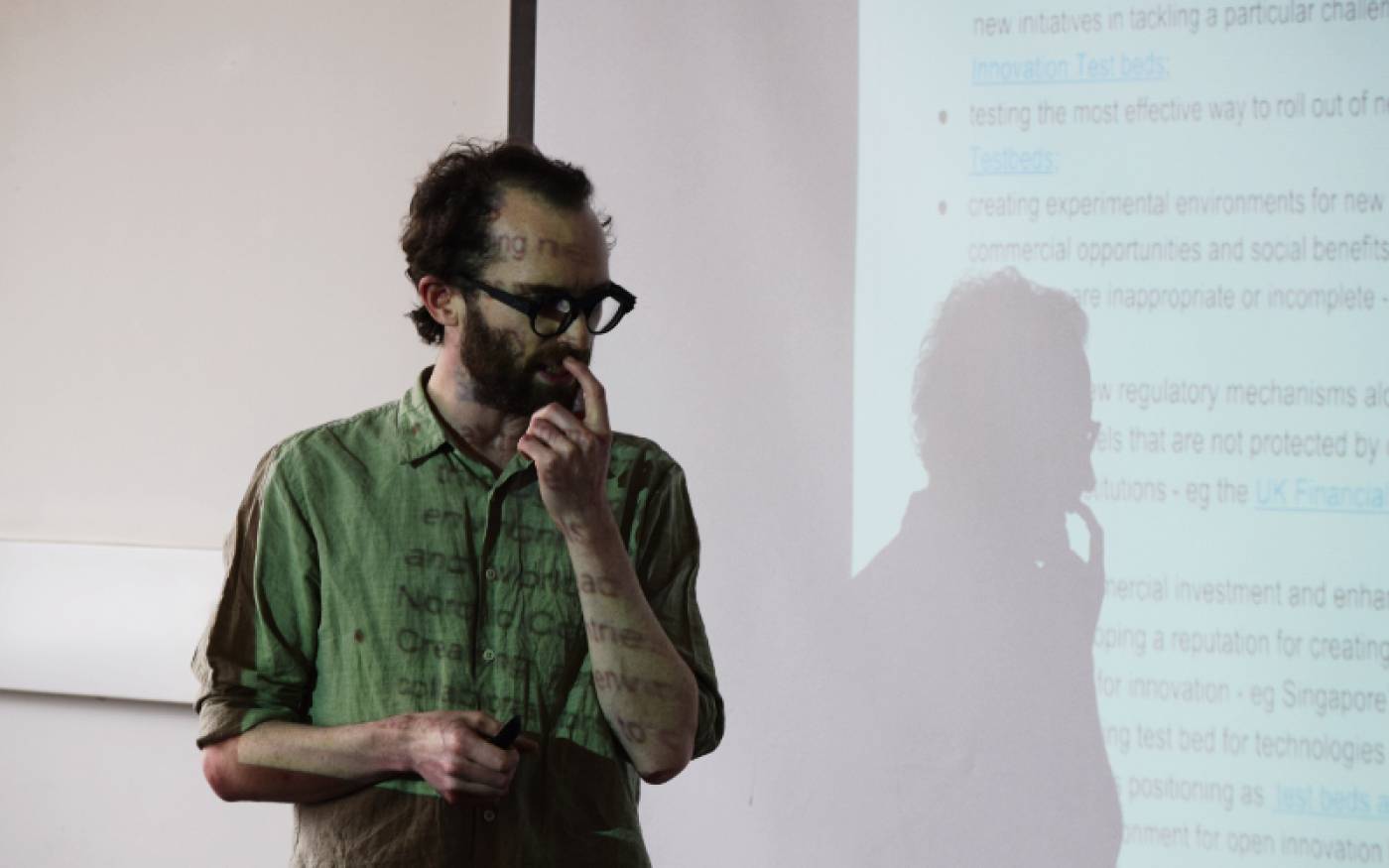
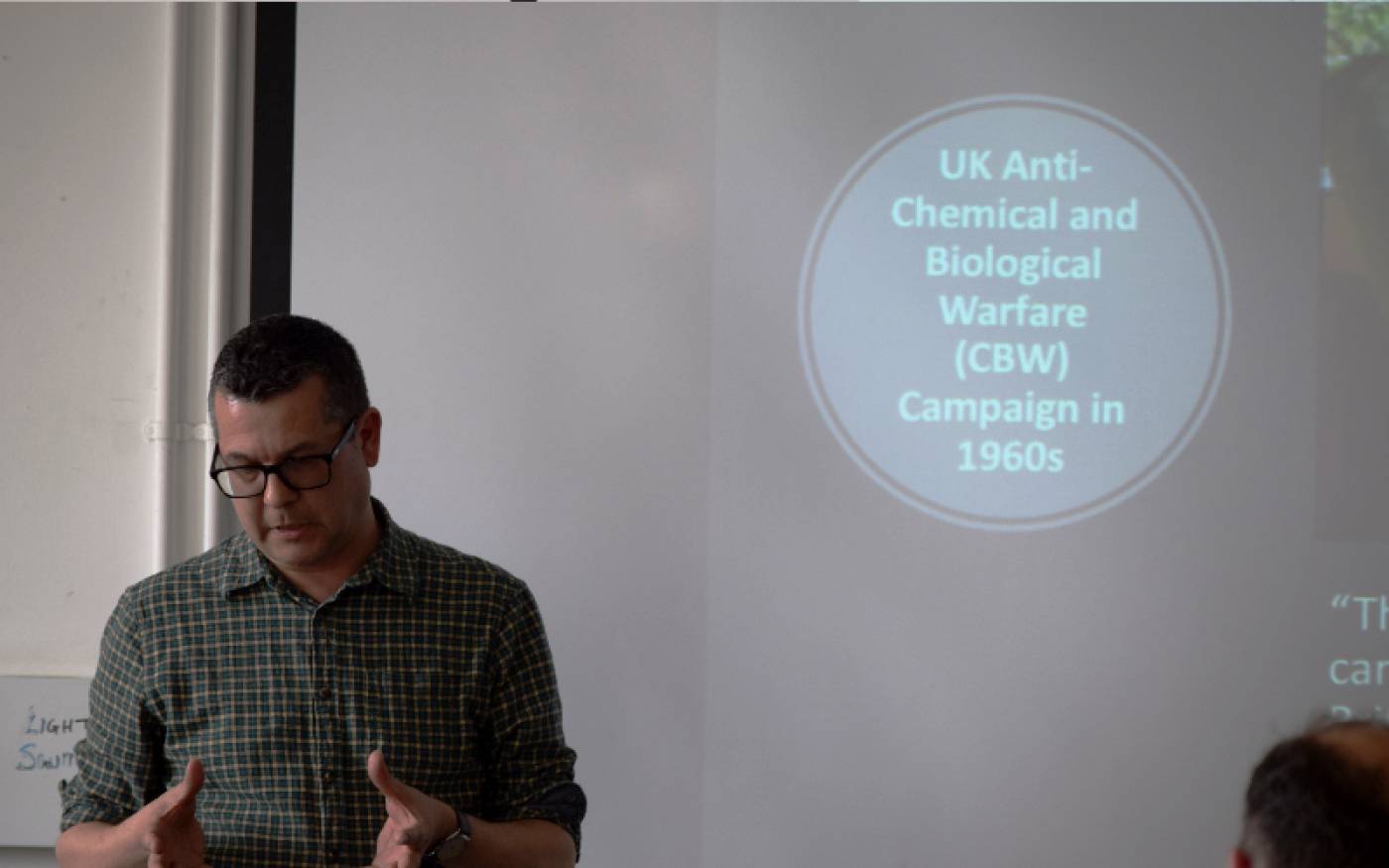
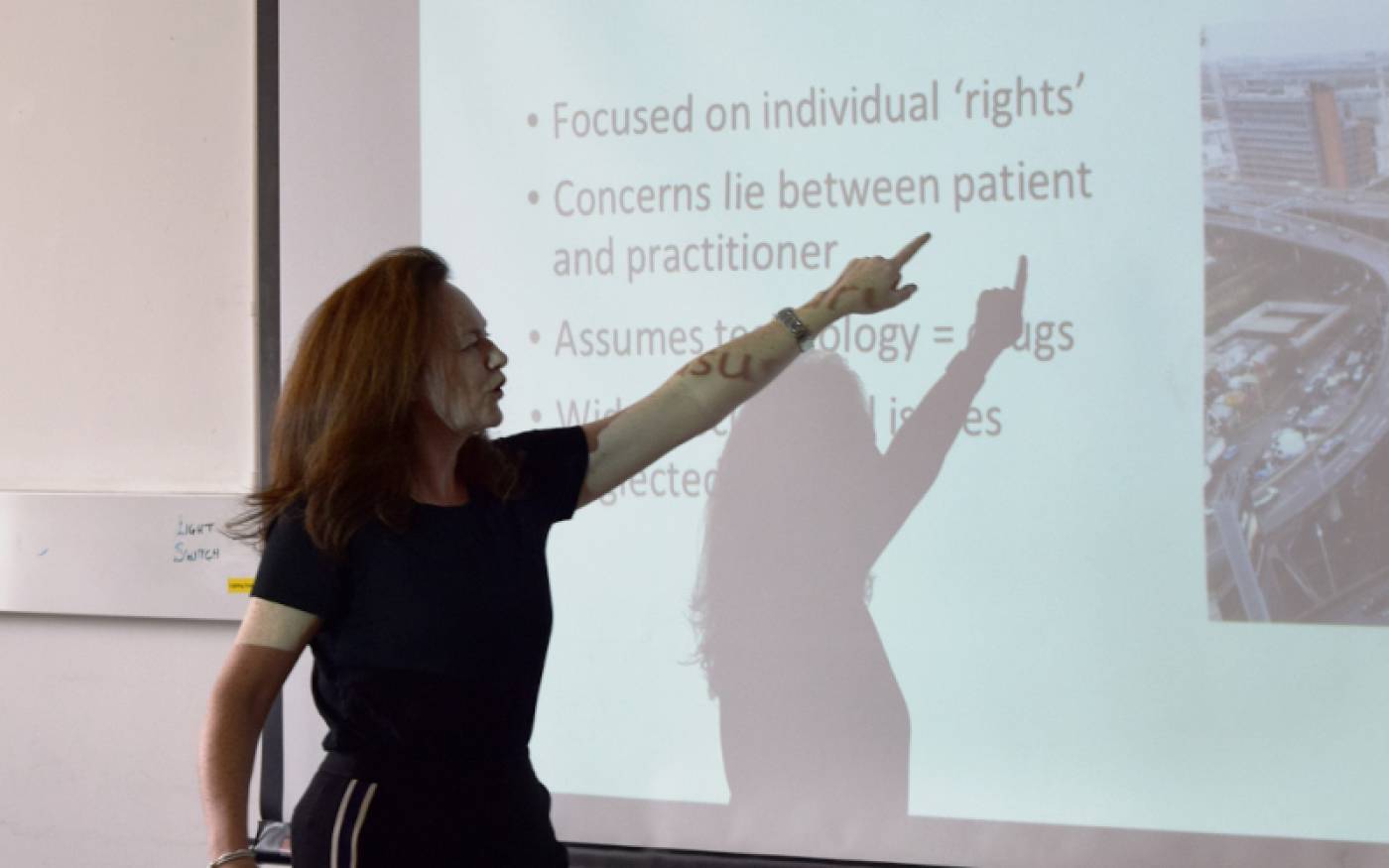
Following a brief pause, sessions continued with Trupti Patel on Tech abuse and the Internet of Things, Elisa Vecchione on "Restoring the role of imagination in mathematical modelling", and Paul Ranford on the history of Sir George Gabriel Stokes. The morning was finished off with the launch of the STS Decolonise STEM collective - a group of 6 STS students (kat cecil, Santiago Guzman Games, Claudia Cristalli, Maymana Arefin, Ben Weil and Elena Falco) exploring coloniality, privilege, and power in and around science, technology, engineering and mathematics. For more information on the collective and their work, follow the Decolonising STEM twitter account.
The afternoon then continued with further talks on driverless cars, 18th century lighthouse engineering, social perspectives on AI ethics and several other subjects, before the event closed for the day and the discussions moved on to other venues. The full programme is listed below. The 2019 Research Day was considered a huge success - if you would like details on future STS research events, sign up to our Mailchimp Mailing List.
STS Research Day - Wednesday 15 May 2019
9.45-11.00 (Chair: Emma Tobin) - Short (5 minute) presentations from 1st Year PhD Students
Elena Falco ‘Collective production of knowledge: Wikipedia as a case-study’
Tadafumi Kubota ‘Civil Servants and “The Imaginary Public": A Comparative Study of Science Policy Making in the UK and Japan’
Rakhshi Memon ‘Ethics and randomised clinical trials in young people at risk of self-harm or suicide: the limits to equipoise and evidence’
Bex Coates 'Friction among Frenemies: the first issue of PUS'
Henry Roberts ‘A History of Audience Thinking at the Science Museum’
Nathan Bossoh 'The Duke of Argyll and the Creed of Victorian Science and Religion'
Scott Keir ‘COPUS and the development of science communication: lessons from the 1980s and 1990s to inform 21st century public engagement’
11.15-12.30 (Chair: Edd Bankes)
Trupti Patel ‘Internet of Things: how tech-abuse is becoming smarter’
Elisa Vecchione ‘The poetry of science: restoring the role of imagination in mathematical modelling’
Paul Ranford ‘Stokes as Secretary of the Royal Society 1854-1885 - his influence on science and scientists’
kat, Ben, Santiago, Claudia, Maymana & Elena aka: 'STSUCL decolonise STEM collective' - ‘Introducing the STSUCL decolonise STEM collective’
Lunch
2.00-3.00 (Chair: Frank James)
Jack Stilgoe ‘Learning to drive’
Edward Bankes ‘Working for the community: learning the rules of the game of science communication and STS’
Julia Elton ‘New discoveries in 18th century lighthouse engineering’.
Tea
3.20-4.20 (Chair: kat cecil)
Cian O’Donovan ‘Care, control and innovation in robotics research’
Brian Balmer ‘Against Chemical and Biological Warfare’
Melanie Smallman ‘Multiscale ethics: Bringing social perspectives into AI ethics in the NHS’
4.40-5.20 (Chair: Bill Maclehose)
Simon Werrett ‘Joseph Banks: Oeconomy and Empire in the Age of George III’
Robert Bud ‘Prologue to Rothschild -- reconceptualising the industrial and administrative place of science in the 1960s’
 Close
Close

